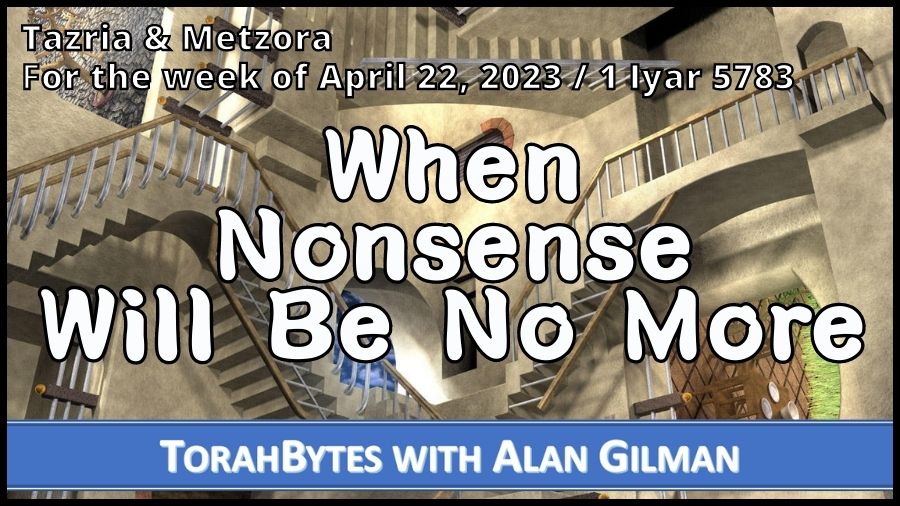For the week of April 29, 2023 / 8 Iyar 5783

Achrei Mot & Kedoshim
Torah: Vayikra/Leviticus 16:1 – 20:27
Haftarah: Amos 9:7-15
I will restore the fortunes of my people Israel, and they shall rebuild the ruined cities and inhabit them; they shall plant vineyards and drink their wine, and they shall make gardens and eat their fruit. I will plant them on their land, and they shall never again be uprooted out of the land that I have given them,” says the LORD your God. (Amos 9:14-15)
Tuesday evening this week is Yom Ha’atzmaut, Israel Independence Day. This year marks seventy-five years since the establishment of the modern state of Israel. It may or may not surprise you that in my experience the vast majority of people in the world who claim strong adherence to the Bible see no relation whatsoever between Scripture and the reemergence of Israel as a geopolitical entity. No better time than a seventy-fifth anniversary to demonstrate otherwise.
First, let me say that anything I list as support for a biblical basis for God’s ongoing faithfulness to the Jewish people, including our return to our ancient homeland, does not justify everything Israel has done prior to or during the past seventy-five years. But tell me, why do I even need to say this? Don’t we know that everyone and everything in this world is a mixed bag? Of all people, those of us who value Scripture should know that God uses broken vessels. Abraham, Isaac, Jacob, Moses, David all had issues. But if anything, their issues demonstrate God’s faithfulness both to them as individuals and to Israel as a nation. And yet, for some reason, the majority of the Church has tended to regard Israel’s sins as unpardonable despite innumerable promises to the contrary. This week’s Haftarah (weekly reading portion from the Prophets) is but one example that clearly establishes a commitment on God’s part to preserve Israel and fulfill its glorious destiny. Yet this doesn’t stop a majority of Christians from reading the Church into these promises, while, at the same time, leaving the judgment parts with Israel.
There are at least two factors at work here. The first is anti-Jewish sentiment. As the church went from an exclusively Jewish movement to a an exclusively non-Jewish one, non-Jewish leaders brought their ingrained disdain for Jewish people with them. As a result, they happily affirmed scriptural critique of Israel, while deflecting God’s messages of love, concern, assurance, and restoration solely to themselves. The second factor is the misapplication of the concept of ingrafting that Paul expounds in Romans, chapter eleven. The inclusion of the nations in the Gospel is something that Paul calls in another place a mystery (see Ephesians 3:1-6). No one expected God’s blessings to be extended to non-Israelites through the Messiah. But instead of receiving this undeserved grace with humility, they quickly developed a “new kid on the block” attitude, an attitude Paul strongly warned against (see Romans 11:18).
The Jewish people have endured great suffering due to the Church’s unwillingness to grasp the scriptural complexity of God’s commitment to Israel. I will try to summarize. God gave unconditional promises to Abraham, Isaac, and Jacob, which include an objective of extending his blessing to all nations. This would eventually be realized through the coming of the Messiah, who, as King of the Jews, accomplishes God’s purposes within Israel, God’s blessings coming to the nations, and the restoration of the creation. Messiah’s coming emerged out of God’s faithfulness to Israel to resolve once and for all their alienation from God due to their ongoing disobedience. No one anticipated how this would fulfill God’s promise to Abraham to bless the nations, while also working to restore Israel to himself and to their land.
For some reason, many Christians are fine with a god (note the lowercase “g”), who is willing to receive outsiders but doesn’t have it in him to preserve and restore his own covenant people. I am aware of the parables spoken to certain Jewish leaders warning them of being cast out while Gentiles will be let in. At an individual level that’s true. But it is wrong to paint this as Jews vs. Gentiles. Instead, it’s between the arrogant and the humble, whoever, wherever, and whenever they may be. This is why Paul would write: “For if you were cut from what is by nature a wild olive tree, and grafted, contrary to nature, into a cultivated olive tree, how much more will these, the natural branches, be grafted back into their own olive tree” (Romans 11:24).
“Their own olive tree.” Does it bother you that God’s inspired word calls it Israel’s tree? You can redefine Israel all you like by turning the olive tree into “the Church,” but I hope it isn’t too long before you see how silly that is. I don’t mean to offend anyone. It’s just that the biblical promises to my people have been misappropriated by most of the Church for far too long.
Scriptures taken from the English Standard Version


